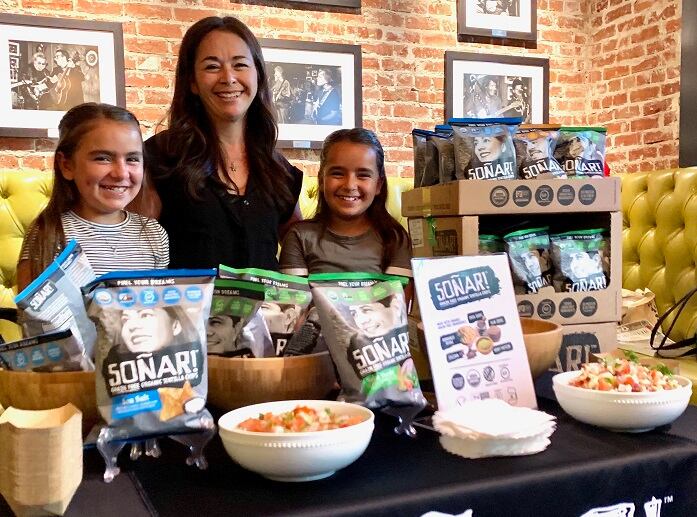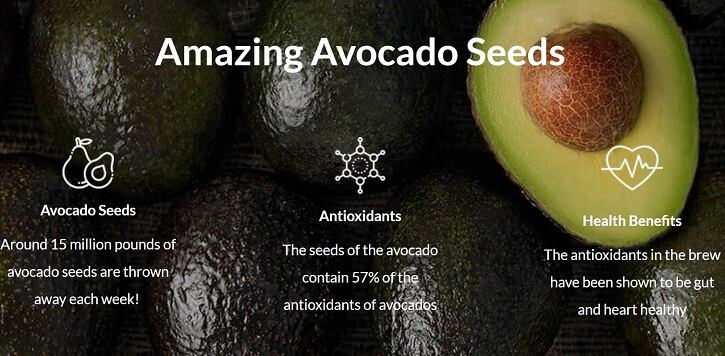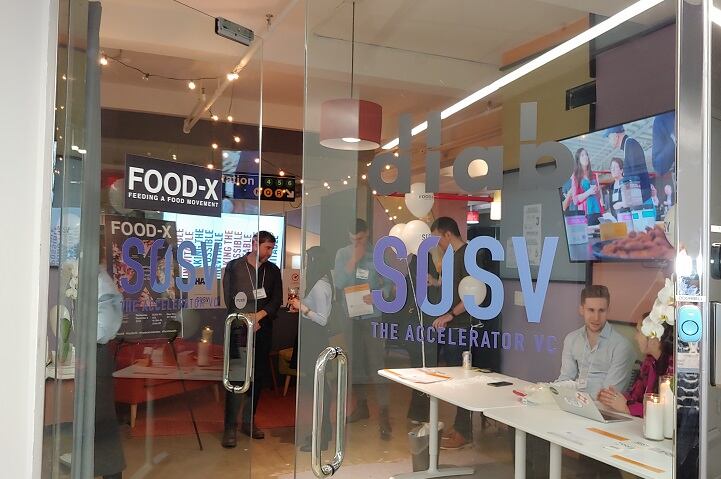“The theme of this cohort is continuity of community, and, I have said this over and over during the past 18 months and really over the course of my career, but the real lack of diversity in the industry is pretty troubling, and the only way we can shift the stats around minority founders – whether it is ethnic minorities, racial minorities, different backgrounds, LGBT founders – not receiving the funding or access to resources in the same way as other folks is to offer them a seat at the table,” Zoe Feldman, director of Chobani’s Incubator and head of new ventures, told FoodNavigator-USA.
Which is why, she said, for the second year in a row Chobani is eager to “double down on ensuring we have a very diverse array of perspectives and backgrounds from a founder, brand and product perspective, as well as geographic perspective” in the Spring 2020 class.
As a result, the incubator’s upcoming class includes 70% of finalists who are underrepresented minority founders and co-founders. In addition, 60% are female founders or co-founders and 10% are LGBT founders or co-founders.
According to Chobani, “this support is key because in 2019, less than 1% of founders receiving VC funds were LBGT, only 1% were African American and just 3% were female.”
As such, the company claims it is “going against the trends by ensuring we support companies that have founders with a wide variety of perspectives and lived experiences.”
The diversity of Chobani’s Spring 2020 class reflects the company’s intentional effort last year to reach out to entrepreneurs who might be overlooked or who might not consider applying to the incubator program because their backgrounds or culture didn’t align with what they saw in previous classes.
“In 2019, the team flew to 22 cities across American – many second or third tier cities that folks hadn’t necessarily had a big presence in before – and the application process for Spring 2020 really bore the fruits of that labor. We had the most diverse pool of candidates we had ever seen,” with some coming from companies and founders who met with the Chobani Incubator team at community outreach events the prior year, Feldman said.
An evolving program for a more diverse cohort
As Chobani actively recruits entrepreneurs from different walks of life for its incubator program, it is also adjusting its program’s curriculum and structure to better reflect the needs of a more diverse cohort, Feldman said.
For example, she noted that a popular component of the Chobani Incubator has been founder fireside chats, where the company invites established founders to share their story and advice with members of the cohort.
“This year we are trying to do founder fireside chats with all founders of color so we can really help continue to push the envelop there, and really say, ‘We understand that it is really important when you have someone in the room who looks like you and is successful in this industry,’” Feldman said.
The second major shift in how Chobani runs its incubator program to foster and address increased diversity is to offer more peer-to-peer mentorships.
“When I joined Chobani, the program was 90% Chobani folks, 10% external people, and I really flipped that to the point where it is now probably 65% to 70% Chobani folks running the workshops and the one-on-ones and grand audits,” and the rest led by graduates of previous Chobani Incubator programs or from its wide network, Feldman said.
Chobani Incubator welcomes its Spring 2020 cohort
The Spring 2020 cohort of the Chobani Incubator promises to be one of its most diverse classes yet, and includes:
- A Dozen Cousins (Ibraheem Bassir, Berkeley, CA)
- American Vinegar Works (Rodrigo Vargas, Lowell, MA)
- Big T’s Coastal Provisions (Tracy Blanchard, Mount Pleasant, SC)
- Bread SRSLY (Sadie Scheffer, Berkeley, CA)
- Holmes Applesauce (Ethan Holmes, Shaker Heights, OH)
- Pescavore (Clarice and Matt Owens, Santa Cruz, CA)
- Sherpa Foods (Nurbu and Phura Sherpa, South Burlington, VT)
- Soñar (Maria Garcia Brennan and Pete Brennan, Oakland, CA)
She explained that they idea behind this shift is that many of the participants in the new incubator cohort do not have access to shared offices or a large food or beverage scene like is available in areas such as Austin or San Francisco. So, they need access to others who have recently experienced what they are going through, Feldman said.
“I am really making sure that, intentionally, members of this class have one-on-one mentors from prior classes who are about one stage ahead of them,” Feldman said. “So, if you come into the program doing about $500,000 in revenue, you probably want to talk to a business that is doing $1 to $1.5m because you can learn more from them as they have just gone through what they are experiencing.”
She added: “We are fairly big at this point, and I felt like it makes more sense for people to learn from each other where they don’t necessarily have that ready-made community at their fingertips,” as is the case for many members of the current class.
As with most previous cohorts, members of this one will still be welcomed to join Chobani in New York for one week a month for three months beginning April 20, and they will be encouraged to participate in extra retailer visits and events as their schedule permits, Feldman added.




